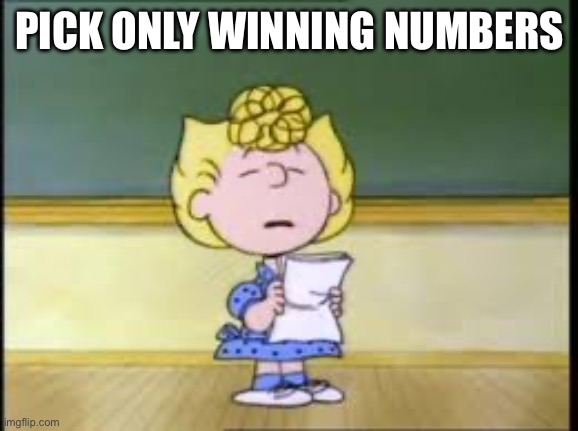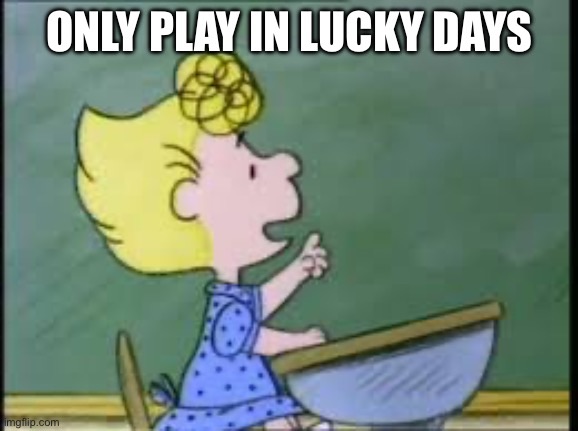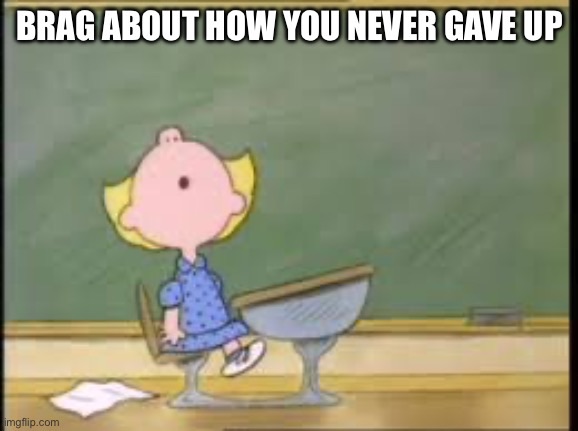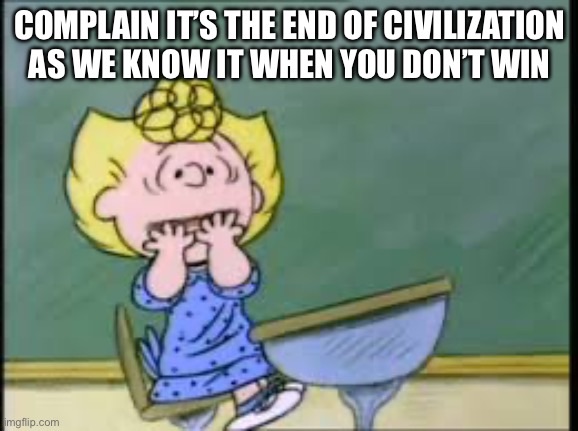Randomness, they tell you, is the final law, the chaotic heartbeat behind the facade of order. Everything we see, everything we touch, they say, is the product of chance. The dice are always rolling, the particles always dancing in their unpredictable ballet, and we, the witnesses, have no choice but to watch as reality collapses into one possibility or another. But what if they’re wrong? What if randomness itself can be fooled, bent, hacked into submission?
The trick, they say, is to embrace it—not fight it. But that’s too easy, too clean. To truly fool randomness, you’ve got to go deeper. You’ve got to twist the very principles that underlie it, play with the quantum dice, not as a gambler, but as a cheat who knows the house’s game inside and out. First, forget the need for control. You don’t hack randomness by trying to master it; you fool it by letting go, by giving in to the void and then subtly reshaping it from the inside.
The quantum world is nothing more than a haze of probabilities, of outcomes that exist in a superposition of states until someone comes along and demands an answer. But what if you never demand that answer? What if you live inside the haze, hover between possibilities without forcing a collapse? They’ll tell you it can’t be done. They’ll tell you the universe has rules. But every rule has its loopholes, and this one’s no different. The secret is in the not-looking, in letting the cat stay half-dead and half-alive forever. There is no need to force the universe’s hand. Let it writhe in its uncertainty, and in that liminal space, you’re untouchable.
But you’re not here for that half-measure. You want to bend the rules, right? You want to trick randomness into playing your game. Then step into the realm of entanglement, where nothing is alone, where no particle moves in isolation. The universe is a web, everything tied to everything else, even across distances that make no sense to the rational mind. That’s where the real game begins. You see, randomness operates on the idea that one thing happens here, another thing happens there, and those events have no connection. But the truth, the hidden truth, is that everything is connected—entangled, locked into a dance with its partner, whether it knows it or not.
To fool randomness, you’ve got to exploit that connection, hijack it. Don’t think you can do it by sheer will or cleverness, though. The trick is subtle. You’ve got to insert yourself into that dance, become part of the web. Change one thing here, and the whole system moves. You’re not controlling it, not directly, but you’re tilting the odds, bending the probabilities in ways the universe can’t quite detect. It’s all about nudges, about letting randomness think it’s still in charge when, really, you’ve slipped a card up your sleeve.
But maybe you think that’s too abstract. You want to know how to fool randomness in a more concrete way, how to make it work for you in real life. Here’s the trick: treat uncertainty as a weapon. The world works on this principle that we can only know certain things at certain times—position, momentum, you’ve heard the spiel. But the thing is, that’s just a limitation they’ve imposed. To truly hack into randomness, you’ve got to demand both. Know where you are and where you’re going. They’ll tell you it’s impossible. But once you start bending the probabilities, it becomes possible to live in that paradox, to stand in two places at once, moving and still, chaos and control.
Now, the real power comes when you turn randomness in on itself, make it eat its own tail. That’s where quantum decoherence comes into play. Every decision you make, every move you take, is like collapsing a wave of infinite possibilities into one single reality. But here’s the catch: if you fool randomness, you don’t have to collapse the wave. You can leave it open, leave all the doors cracked, and walk through whichever one you want when the time is right. And that’s the beauty of it—by not choosing, by not forcing the collapse, you remain fluid, adaptable. The universe doesn’t even know you’re there until it’s too late.
This is how you fool randomness: you let it think it’s still running the show while you dance around its edges, tweaking the outcomes without ever stepping fully into its game. You bend the quantum principles that tie the universe together, not by trying to understand them in the sterile terms of physics, but by inhabiting them, living inside the chaos, and twisting it into something malleable, something that can be manipulated without ever being fully controlled.
They’ll tell you that randomness is a law of nature, that it can’t be cheated. But laws are just stories we tell ourselves to make sense of the world. And stories? Stories can always be rewritten.




